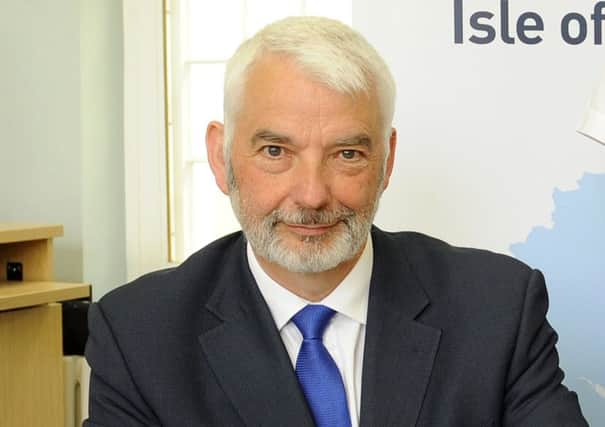Hampshire's crime commissioner set to face councillors in public


Conservative Mr Lane will meet with the Police and Crime Panel – councillors who hold him to account – next Friday in Winchester.
It comes as Mr Lane’s office makes huge efforts to show how it is allocating cash for policing and commissioning services to protect victims in the wake of a row over funding.
Advertisement
Hide AdAdvertisement
Hide AdAs reported, the panel insisted he must spend all of a £12-a-year council tax rise on frontline policing – throwing into disarray his plans to allocate £440,000 on ‘essential staff’ while specialist police officers were cut.
Around £700,000 was earmarked for commissioning grant funding for groups protecting victims. The panel said it did not mean to prevent this.
In a letter published ahead of the meeting, James Payne, chief executive at the Office of Police and Crime Commissioner for Hampshire, warned the £700,000 would still be spent but would be moved to reserves.
He said: ‘This does however remain an unsustainable approach in the longer term, as commissioning is a core part of the commissioner’s activity to support the delivery of his police and crime plan and to support the PCC’s role beyond policing, the funding for which must be put on a sustainable basis going forward as part of the core revenue budget.
Advertisement
Hide AdAdvertisement
Hide Ad‘Any commissioning expenditure funded from the £700,000 this year will be subject to the normal decision-making process.’
Within the report, Mr Lane said: ‘This year I have sought to be transparent about the money that is spent by my office to support the most vulnerable in our communities, reduce offending, and prevent crime, and to be clear about the investments.’
Mr Payne said the office was focussed on trying to improve ‘the community’s understanding of the wider role of the commissioner, both in support of policing and beyond.’